June 5, 2020
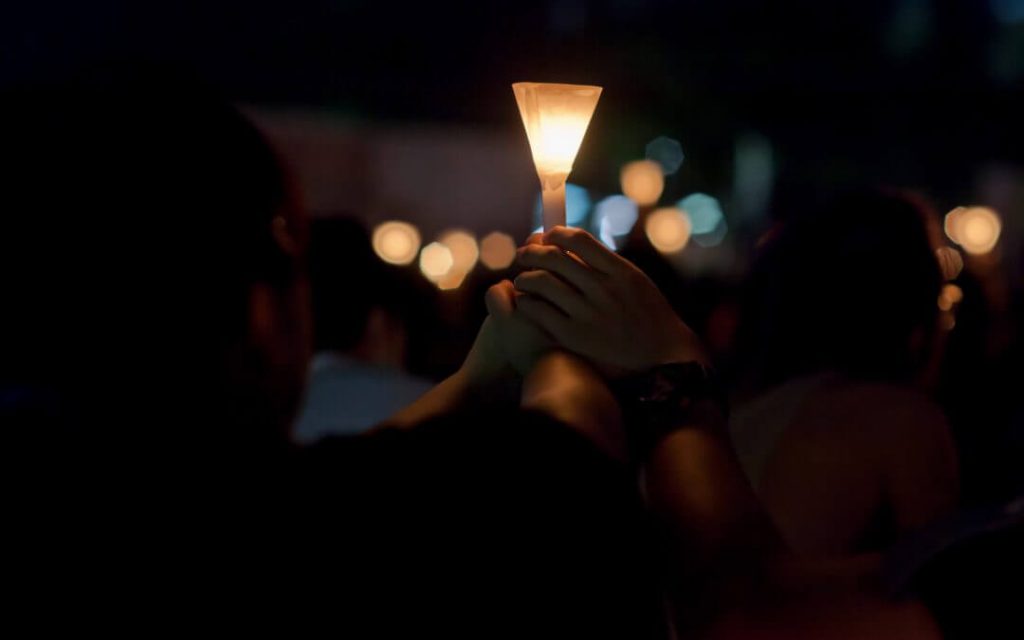
Image: Tiananmen Vigil, Hong Kong. 4 June 2020.
The World Health Organization (WHO) declares the Americas as the new epicenter of the novel coronavirus pandemic and urges countries not to ease restrictions as case numbers increase across the region. In China, a travel warning has been issued asking citizens to reconsider travel to Australia in light of reported rise in anti-Chinese racism.

Protests demanding justice for George Floyd and countless other black lives affected by police brutality have spread across all 50 states, some escalating to violence after protestors clash with police and military. Both former Defense Secretary, Jim Mattis, and current Defense Secretary, Mark Esper, have publicly criticized President Trump’s approach to combating the protests.
The police officers onlooking the death of Mr. Floyd, captured on a video that catalysed the Black Lives Matter movement protests, were charged Wednesday with aiding and abetting second-degree murder and aiding and abetting second-degree manslaughter. The charge of the officer presumed responsible, Derek Chauvin, was increased to second-degree murder and second-degree manslaughter. Meanwhile, the suspect in the Ahmaud Arbery case, involving the killing of an unarmed black jogger, is accused of using a racial slur after shooting.

Chinese state media seized upon anti-racism protests sweeping across the U.S. to criticize its rival for being a “double standard nation” in response to civil unrest. Amid rising diplomatic and trade tensions, the U.S. has moved to ban Chinese passenger airlines from flying to the U.S., beginning mid-June. In its dispute with India, China has also moved “a significant number” of its troops into a tense, contested section of the Himalayan border. Just last month, aggressive border skirmishes resulted in injuries.

On the anniversary of the Tiananmen Square massacre, the Hong Kong legislature passed a bill to criminalize the mocking of China’s national anthem. Rallies this year were also cancelled as police denied organizers the permission to congregate, citing COVID-19 restrictions. Nevertheless, tens of thousands of people defied the ban to stage a mass vigil in Victoria Park while maintaining social distancing guidelines. Chief Executive Carrie Lam reiterated that the central Chinese government was determined to enforce a national security law that would prevent and punish secession. UK Prime Minister Boris Johnson has offered a new residency visa to 3 million Hong Kong citizens if China presses ahead with security measures.

Following concerns about delays to Myanmar’s general election due to the novel coronavirus, the Union Election Commission announced that it will be held in November as scheduled. Fighting between government forces and the ethnic Arakan Army in the Rakhine state has thus far killed 257 civilians and injured 570 others since December 2018. The region has seen constant conflict since the Myanmar army’s campaign to expel Rohingya Muslims in 2007. A Rohingya man in Myanmar also recently tested positive for the virus, making him the first confirmed case among members of the Muslim minority in the country. There are 234 confirmed cases, with 6 fatalities to date.

Tensions between Zimbabwe and the U.S. since 2003 begin to rise as Zimbabwe summons the US ambassador over remarks by senior US officials accusing Zimbabwe of “stirring anti-racism protests” on social media over the death of George Floyd. Further, Zimbabwean positive coronavirus cases have almost tripled in the past few days, reaching a high of 203; while a Zimbabwean judge has ordered the improvement of mandatory quarantine facilities following the Zimbabwe Association of Doctors for Human Rights spoke truth to deplorable nature of the facilities.
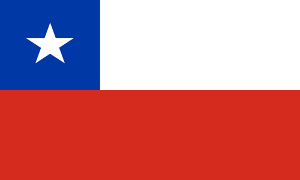
Chile reached a record high COVID-19 daily death total this week, prompting the government to prolong its shutdown of the country’s capital, Santiago. The first inmate death from the virus was reported on June 2.
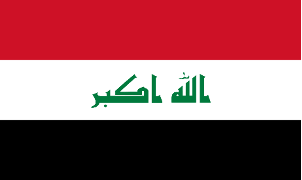
British soldiers are under investigation for acts committed by the British military in the 2003 invasion of Iraq. All but one final war crime claim against the soldiers has been dropped due to the “low level” of offending and the lack of evidence against the soldiers. More than 1000 cases were filed. Earlier this year with the support of British Minister of Defense, the British government proposed a bill that places a five-year limit on any criminal prosecution of British service personnel deployed overseas. Meanwhile, Iraqi militiamen are tasked with burying the victims of the novel Covid-19 virus. As of the 2nd of June, Iran has seen just over 200 deaths due to coronavirus.
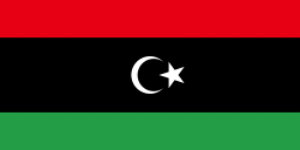
Power shifts in war over Tripoli, as the internationally recognised government in Libya announced on June 3 that it has reclaimed significant ground in the capital after a 14-month long battle with Eastern forces. Meanwhile, the United Nations Secretary-General, Stephen Dujarric, admits difficulty in finding a new UN envoy to the country.

Russian warplanes carried out the first airstrike in three months on the last remaining rebel stronghold in northwestern Syria. Syrian activists stated that these are the first airstrikes to be carried out by Russian planes since a ceasefire agreement in early March. Casualty figures have yet to be reported. There have been multiple violations on the ground of the truce in recent weeks. Turkey and the government in Damascus have reportedly sent reinforcements to Idlib.

Lebanon struggles to deal with the consequences of the novel coronavirus, specifically in areas dense with people who are refugees and disenfranchised. Cities that house larger populations of refugee camps, such as Majdal Anjar and Jdeitet El-Qaytaa, represent most of the new cases of Covid-19 partly due to government response and medical testing. These areas, and other similar cities, are not receiving the same number of tests as would be expected and are being placed on lockdowns and curfews. These actions come in part from government claims regarding the measures taken by these communities to slow the spread of the virus.
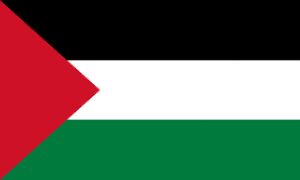
Palestinian Authority leader Mahmoud Abbas threatened at the end of last month to cut ties with Israel, not honor past agreements and stop cooperation related to security if Israeli Prime Minister continues to use Israeli law and go ahead with plans to apply sovereignty to the Jordan Valley. Furthering the disruption between Israel and Palestine, armed Israeli settlers seized almost 350 Palestinian-owned farms in the village of Kisan.
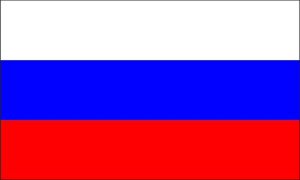
An anti-LGBTQ ad by a pro-Kremlin outlet recently sparked outrage on Russian social media and drew attention to a national referendum scheduled for July 1. Among proposed changes, one amendment would let Russian President Putin stay on as president past 2024, when his second consecutive term ends. In relations abroad, Putin has ordered Russia’s foreign and defence ministries to negotiate more facilities and maritime access in Syria, its close ally. U.S. and Russian troops squared off in northeast Syria for several hours, the second tense standoff in two days. Russia has reportedly found an anti-influenza drug to effectively treat COVID-19, and plans on distributing it to hospitals this month. In other news, Putin declared a state of emergency after a Russian power plant spilled 23,000 tons of oil into an Arctic region.

500,000 leaflets criticizing Kim Jong Un’s nuclear ambitions were dropped by defectors over the border between North and South Korea. In response, North Korea officials threatened to scrap its military agreement with South Korea and close down a cross-border liaison office. In a rising spat with the U.S., North Korea also lashed out and asserted that Beijing was eclipsing its Washington. Schools in North Korea have reportedly reopened after delays due to COVID-19, although Pyongyang has yet to publicly confirm a single case.

For the first time since the November 2019 petrol price hike protests, Iranian officials released casualty figures. The head of an Iranian parliamentary committee stated that 230 people were killed during the November protests, six of whom were security officials. These protests, the most serious since the 1979 Islamic Revolution, were in response to the abrupt decision of the Iranian government to increase petrol costs by up to 50% and ration supplies. Meanwhile, Iran’s President pushes forward with a bill that will allow for harsher punishment for “honor killings” following the murder of Romina Ashrafi.

Anti-Ortega activists claim the government has been purposely underreporting infection rates and death totals, covering up the impact of the novel coronavirus on the country. The International Federation for Human Rights (FIDH) and the Nicaraguan Centre for Human Rights (CENIDH) report concern over the lack of transparency in the country’s testing, recording presumed virus-related deaths at 20 times higher than the official figure. Dozens of Nicaraguan medical associations urge citizens to follow a voluntary quarantine despite the government’s denial of its need.

The UN Security Council extended its current peacekeeping mission in Darfur (UNAMID) for two additional months past October, recognizing the difficulties of exiting the country with COVID-19 measures in place. It further established the United Nations Integrated Transition Assistance Mission in Sudan (UNITAMS) to assist the country’s shift to democratic governance for an initial 12-month period. Sudan has also sworn in a new Minister of Defense, only days after a violent clash between its forces and militias from Ethiopia. The two countries have been locked in a longstanding border dispute. As of June 2, 2020, there are 5,499 cases of COVID-19 in Sudan, including 314 fatalities.

On June 1, Venezuela’s government reached an agreement with the opposition to seek funds and work with the World Health Organization in its fight against the novel coronavirus pandemic. The European Union denounces the late-May approval of Luis Parra, ally of President Nicolas Maduro, as president of the National Assembly in a recent statement, reaffirming their support for opposition leader Juan Guaido.

Bolivia began relaxing its quarantine on June 1 in an effort to bolster its economy, breaking its record daily death total the same day. Deaths rose again June 2 totalling 33 across the country, and health experts warn that the ease of restrictions will bring the peak of the novel coronavirus’ impacts higher and sooner than previously expected. National elections remain delayed due to the virus with interim President Jeanine Áñez in power, though some claim her to be utilising the health crisis as a political power grab.